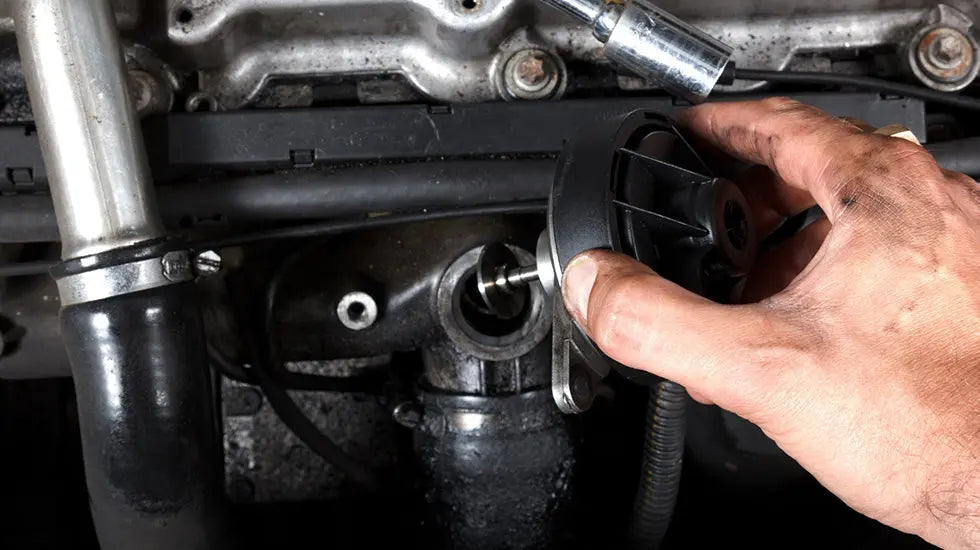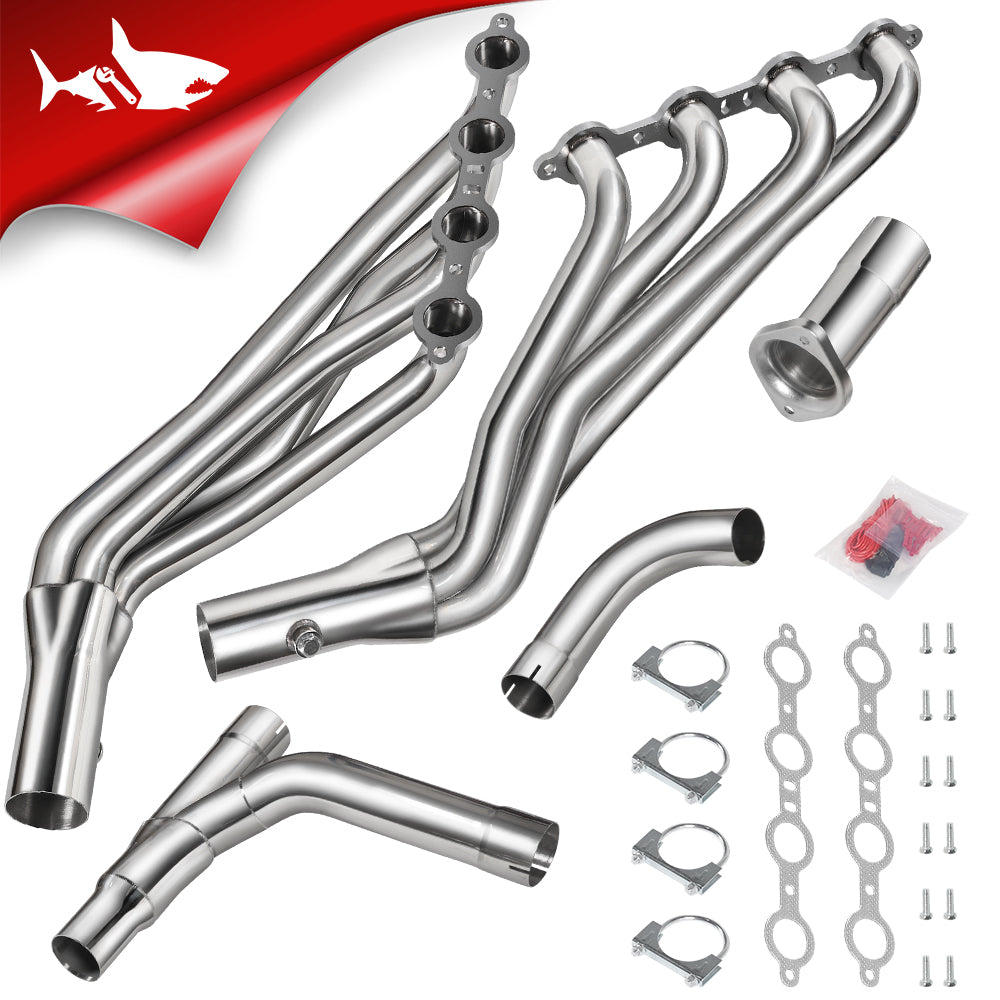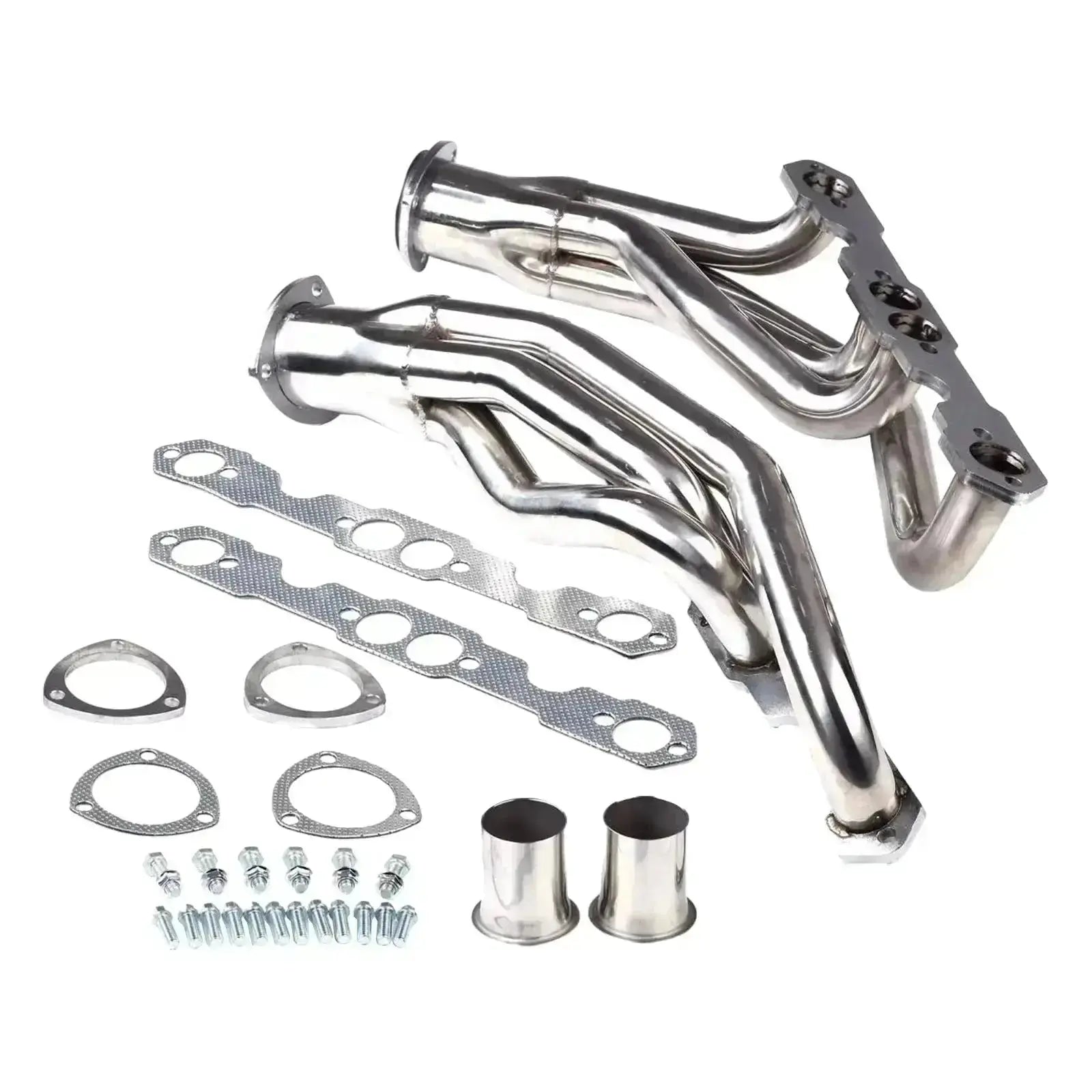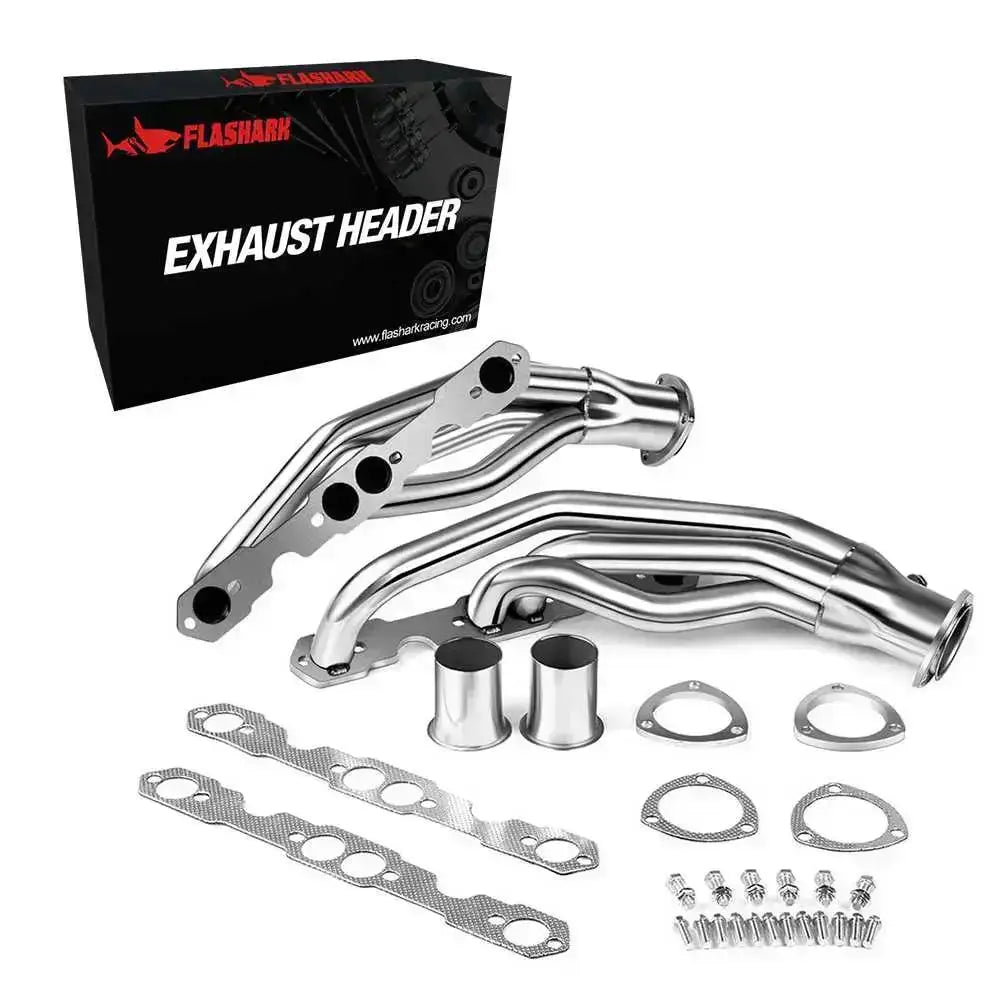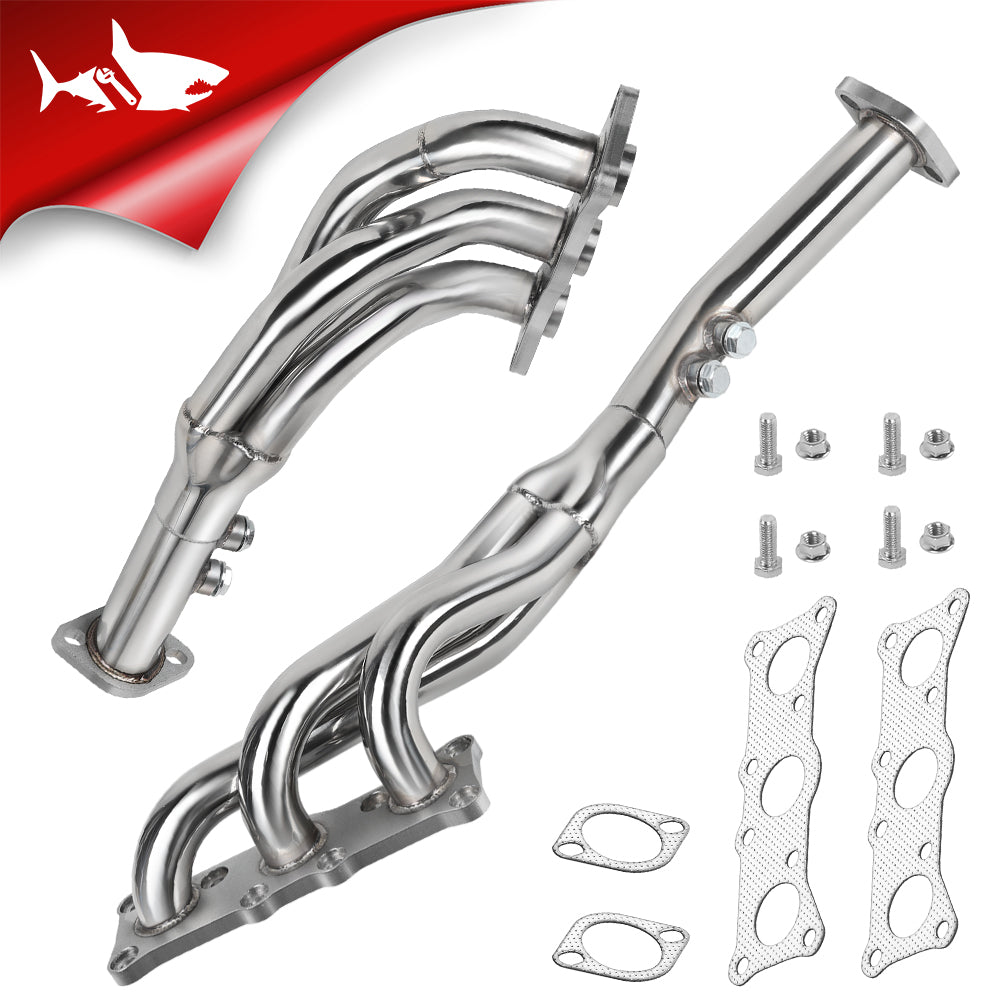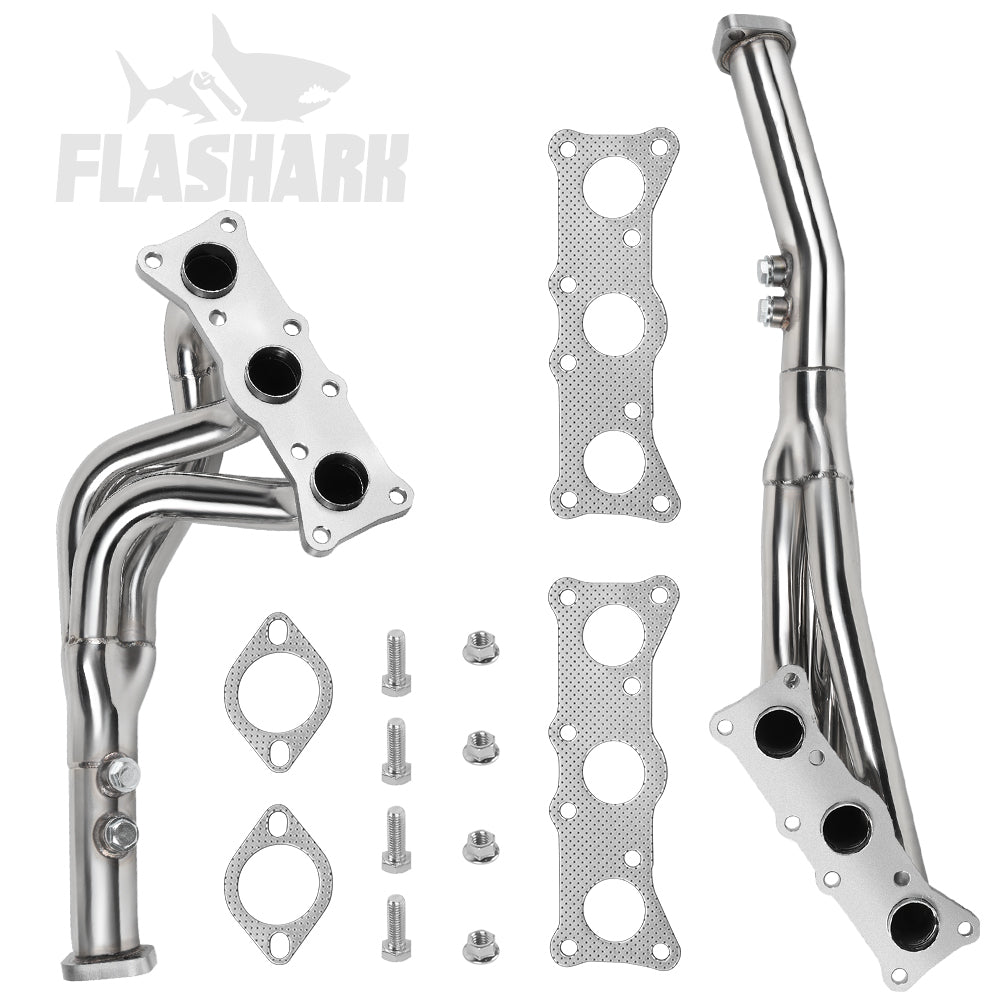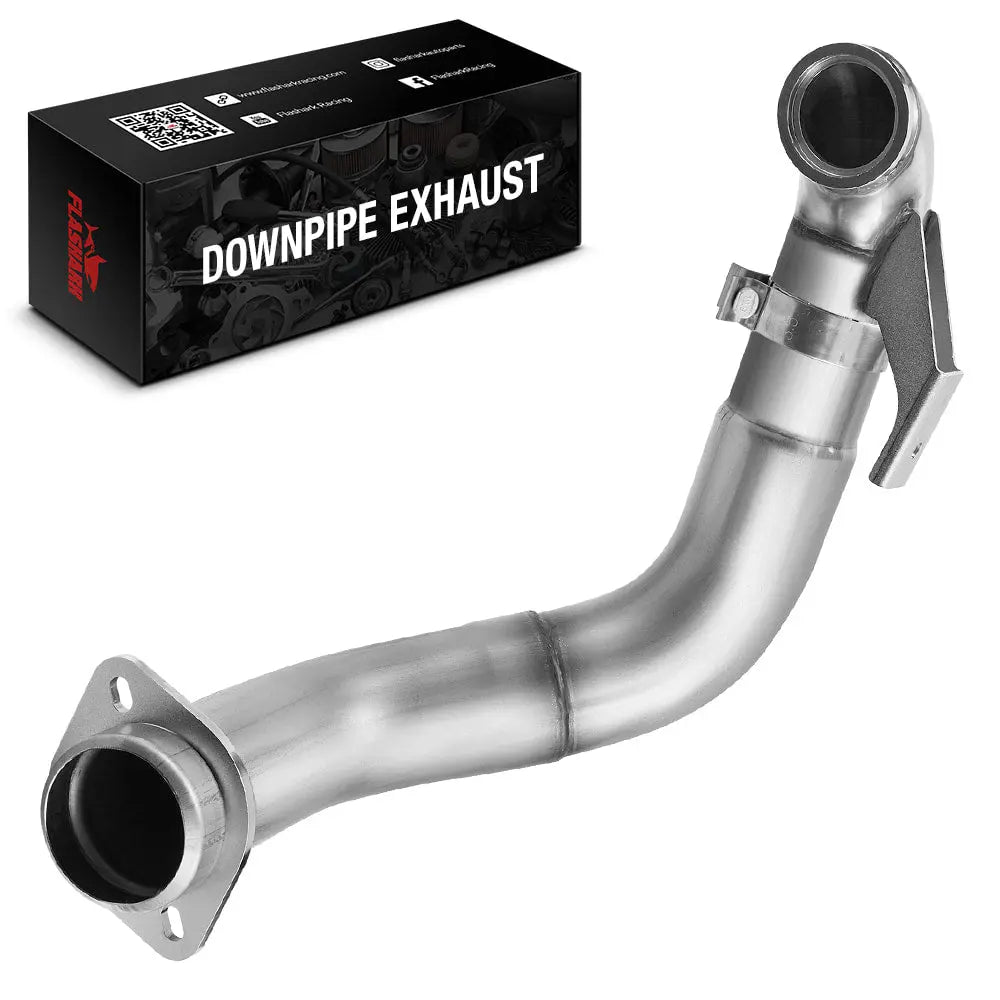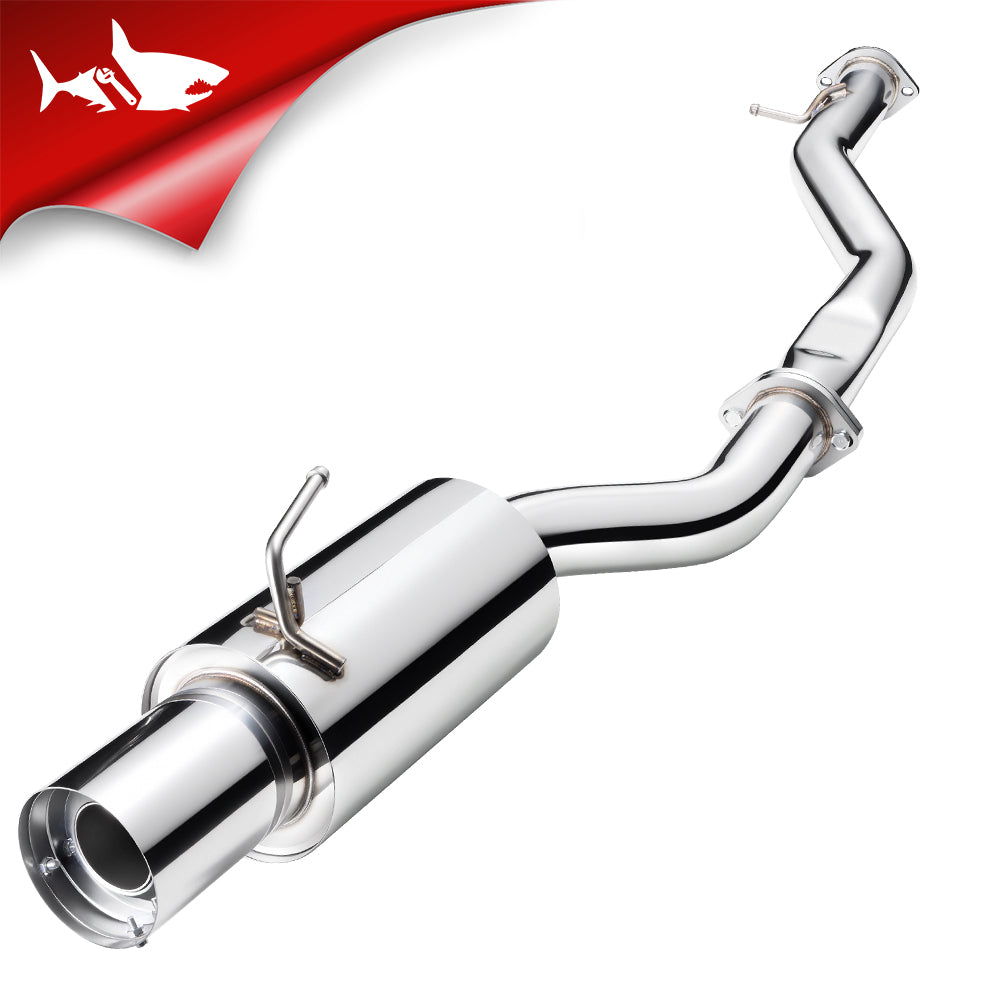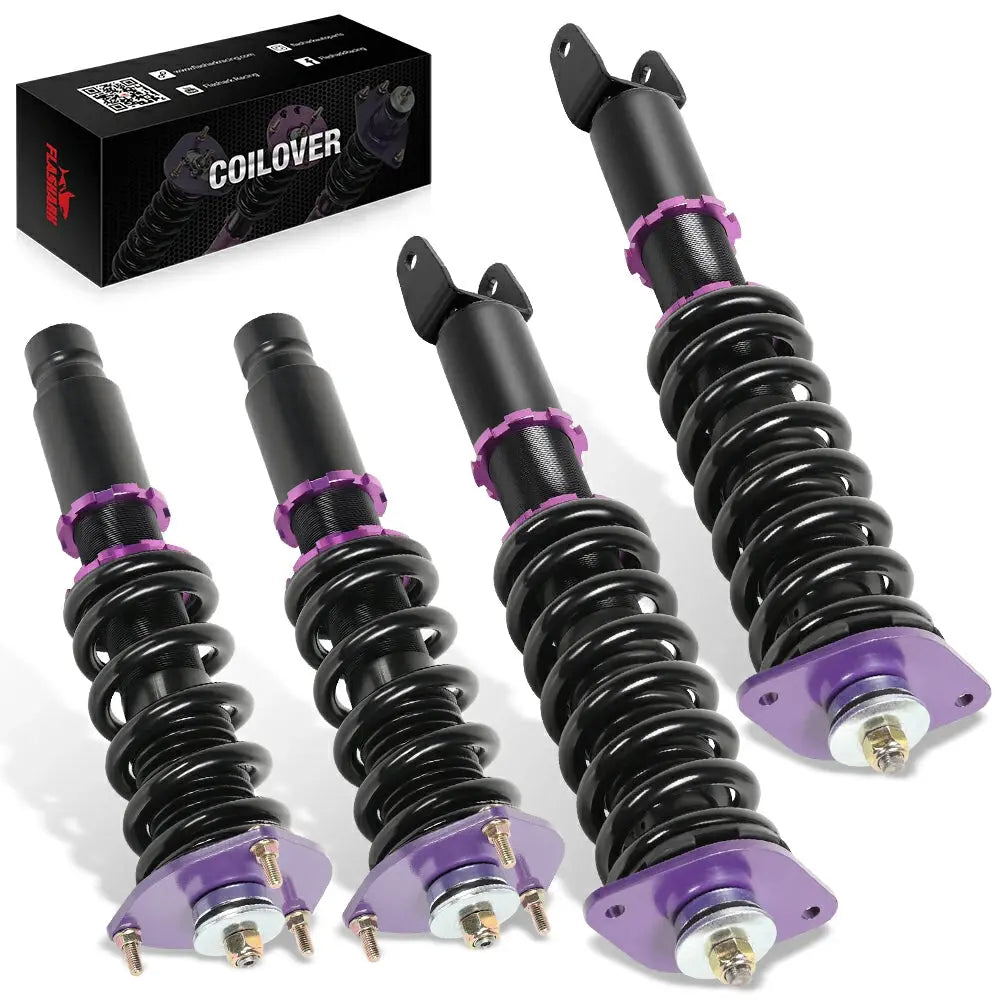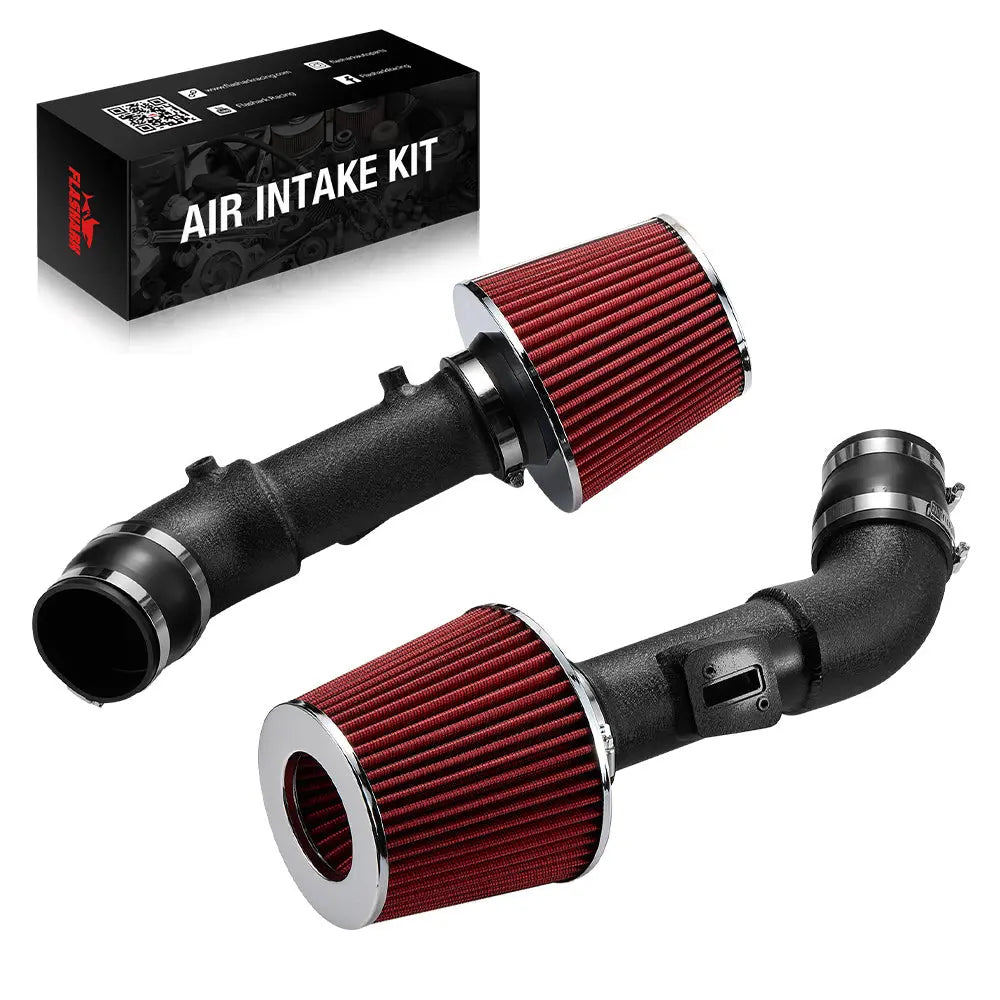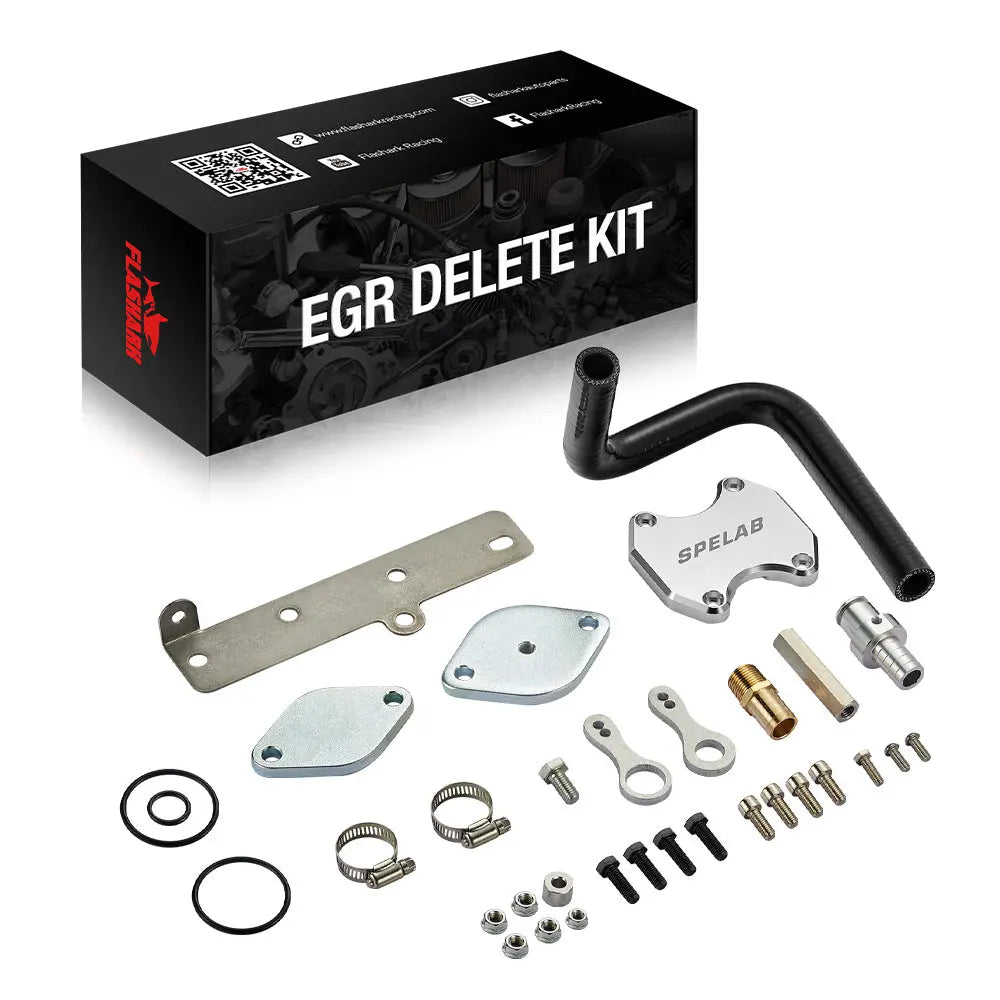Los vehículos modernos están incompletos sin el sistema de Recirculación de Gases de Escape (EGR). Este sistema desempeña un papel fundamental en la reducción de emisiones al recircular una parte de los gases de escape a la cámara de combustión del motor. Sin embargo, por muy beneficioso que parezca, se modifica su uso introduciendo una modificación conocida como eliminación de EGR . Si bien algunos estudios demostraron su practicidad, otros demostraron lo contrario. Sin rodeos, esta guía pretende explicar qué es la eliminación de EGR, sus ventajas y desventajas, y ayudarle a decidir si es la opción adecuada para su vehículo.
¿Qué es una eliminación de EGR?
Como su nombre indica, la eliminación de la EGR consiste en la eliminación de la EGR presente en un vehículo. El objetivo principal del sistema EGR es reducir las emisiones de óxido de nitrógeno limitando las temperaturas de combustión. Esto se logra simplemente redirigiendo una parte de los gases de escape de vuelta al motor, lo que diluye suavemente la mezcla aire-combustible.
Un sistema EGR permite la circulación de los gases de escape. Una vez que se introduce un filtro EGR en el sistema, esta circulación se impide y el aire fresco pasa a la cámara de combustión. Como resultado, se produce un aumento significativo de la eficiencia y la capacidad de respuesta del motor.

Las ventajas de eliminar la EGR
Rendimiento mejorado del motor
La eliminación de la EGR ofrece diversas ventajas que se mencionarán a continuación. Una de las principales es la mejora del rendimiento del motor. La incapacidad del sistema EGR impide la introducción de gases de escape en la combustión, lo que permite que el motor funcione con una mezcla aire-combustible más limpia, lo que a su vez proporciona una mejor combustión. La ausencia del sistema EGR también permite que el motor rinda óptimamente, mejorando el par motor y la potencia. Asimismo, la eliminación de la recirculación de gases de escape puede aumentar la temperatura de combustión, lo que se traduce en mayor potencia.
Mejor eficiencia de combustible
La eliminación de la EGR puede optimizar el consumo de combustible, especialmente en motores diésel. Dado que la ausencia de gases de escape recirculados aumenta la eficiencia del motor, se traduce en una reducción significativa del consumo de combustible. Además, la eliminación de la EGR mejora la respuesta del acelerador, algo que se observa principalmente en configuraciones de alto rendimiento.
Costos de mantenimiento reducidos
La eliminación de la EGR también reduce algunos costos de mantenimiento. Como resultado, los propietarios de vehículos podrían evitar algunos problemas comunes y costos de reparación.
Reducción de obstrucciones y depósitos
Los sistemas EGR son susceptibles a la acumulación de carbonilla y obstrucciones. Estas obstrucciones dificultan el flujo de aire y reducen el rendimiento del motor. Por lo tanto, la ausencia de este sistema EGR elimina este problema.
Durabilidad
La durabilidad aumenta al eliminar los gases de escape recirculados. ¿Por qué? Esto se debe a que se reduce el desgaste de ciertos componentes del motor, lo que prolonga su vida útil.
Las desventajas de eliminar la EGR
Preocupaciones ambientales
Existen varias desventajas asociadas con el uso de la eliminación de la EGR, y generalmente tiende a causar impactos negativos en el medio ambiente. Una de las principales funciones de un sistema EGR es reducir las emisiones de óxido de nitrógeno, contaminantes nocivos que contribuyen al smog y a problemas respiratorios. Por lo tanto, la eliminación de este sistema EGR provoca un aumento sustancial de estas emisiones, lo cual no se puede fomentar, ya que su contaminación continua supone un grave inconveniente que compromete la sostenibilidad del vehículo.
Cuestiones de legalidad
La legalidad es uno de los principales problemas asociados con la eliminación de la EGR. Algunos países, como Estados Unidos, exigen sistemas EGR funcionales, por lo que la eliminación de este sistema lo expone a infringir las leyes.
Además, las multas se deben a no aprobar las pruebas de emisiones obligatorias en ciertas jurisdicciones. Es decir, la eliminación de la EGR probablemente conllevará multas innecesarias e incluso restricciones en el uso del vehículo.
Riesgos potenciales del motor
Si bien la EGR mejora el rendimiento, también puede presentar riesgos que afectan negativamente al motor con el tiempo. La eliminación de la EGR provoca temperaturas de combustión más altas, lo que puede sobrecargar los componentes del motor y provocar un desgaste prematuro.
La ausencia de gases de escape recirculados provoca un aumento de las temperaturas de combustión, lo que obliga al sistema de refrigeración a trabajar más para mantener la temperatura óptima del motor. También surgen problemas de compatibilidad con sistemas EGR desactivados en vehículos modernos con sistemas avanzados de gestión del motor. Ejemplos típicos incluyen la activación incorrecta de luces de advertencia, la aparición de códigos de avería o incluso el modo de emergencia.
¿Es la eliminación de EGR adecuada para su vehículo?
Hay varios factores que determinan si la eliminación de la EGR es la mejor opción para su vehículo. Algunos de ellos son el uso que le da al coche y el tipo de motor.
Conducción en la calle vs. configuraciones específicas para carreras
No es una decisión inteligente para los conductores diarios utilizar un eliminador de EGR, ya que la introducción de este componente provoca un impacto ambiental negativo y riesgos legales.
Aplicaciones para carreras y todoterreno: Los vehículos utilizados exclusivamente en carreras o entornos todoterreno pueden adherirse a la eliminación de EGR, ya que las regulaciones de emisiones son menos estrictas y se disfrutan los beneficios de rendimiento sin las consecuencias legales.
Motores diésel vs. motores de gasolina
Motores diésel: Los motores diésel utilizan la eliminación de la EGR con mayor frecuencia de lo habitual debido a sus considerables mejoras de potencia y eficiencia. También son más vulnerables a la acumulación de carbonilla relacionada con la EGR, lo que provoca modificaciones atractivas y significativas.
Motores de gasolina: En comparación con los motores diésel, la EGR es menos beneficiosa que la de los motores de gasolina. Además, los motores de gasolina modernos cumplen con las normas de emisiones gracias a la EGR. Incluir una eliminación la hace menos práctica.
Conclusión
Si bien la eliminación de la EGR puede ofrecer algunas ventajas esenciales, también puede conllevar algunas desventajas. Por lo tanto, su uso debe considerarse detenidamente. Si está considerando la eliminación de la EGR, asegúrese de sopesar las ventajas y desventajas, además de determinar el tipo de vehículo y el país en el que reside. Revise las normas legales de dicho país y verifique si permite su uso, ya que no querrá verse expuesto a problemas legales que le generen multas adicionales.
Finalmente, tómese el tiempo para comprender las necesidades específicas de su vehículo y consulte con un mecánico o especialista en tuning de confianza que pueda ayudarle a tomar una decisión informada. Como mencionamos, el sistema EGR juega un papel crucial en el control de emisiones, y si bien desactivarlo puede mejorar el rendimiento, también puede tener consecuencias graves. ¡Elija con cuidado!

